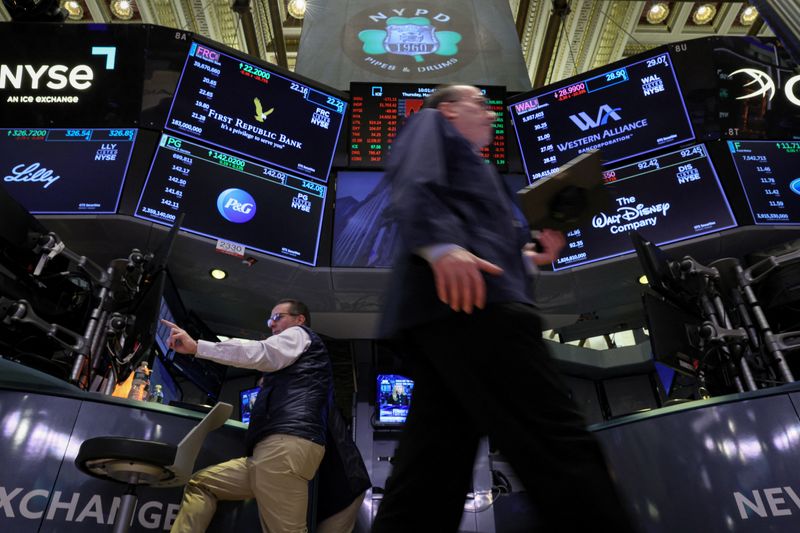ION expands ETF trading capabilities with Tradeweb integration
Investing.com -- Capital Economics highlighted surprise developments in the market following the announcement of "Liberation Day" tariffs by U.S. President Trump.
Contrary to typical market reactions to tariffs, the U.S. dollar has not seen a broad appreciation; instead, it weakened against most G10 currencies, possibly due to a drop in U.S. Treasury yields.
“And it was only slightly stronger against the currencies of Asian economies that have just seen eye-watering tariff hikes,” Capital Economics said in a note.
The second surprise is the performance of U.S. equities, which have suffered more than most global benchmarks. Interestingly, only Japan’s TOPIX index has experienced a comparable decline to that of the S&P 500 futures.
This can be partially attributed to the yen’s strength, which, when adjusted for US dollars, indicates that TOPIX has actually outperformed other indices.
“A weaker dollar and U.S. equity underperformance are, of course, familiar patterns this year. But it’s not generally how the market responded to previous tariffs,” the report states.
According to Capital Economics, the current market developments may be influenced by heightened concerns over potential retaliation and the health of the U.S. economy, as well as the unpredictable nature of recent policy decisions.
The unexpected tariff rates, which were not reciprocally based on tariffs imposed on the U.S. by other countries, have intensified these concerns.
The firm suggests that the economic impact of the tariffs will largely depend on how the revenue is utilized.
If the funds are directed towards offsetting tax cuts, the U.S. economy might fare better than currently anticipated by investors. In such a scenario, this could stabilize U.S. "risky" assets and the dollar.
Moreover, with consumer price index (CPI) inflation expected to rise above 4%, the anticipation of multiple Federal Reserve rate cuts by the end of the year could be reconsidered, potentially increasing Treasury yields and providing additional support to the dollar.
In conclusion, Capital Economics suggests that a resurgence of investor enthusiasm for "risky" assets, particularly tech stocks, appears unlikely in the near future.
